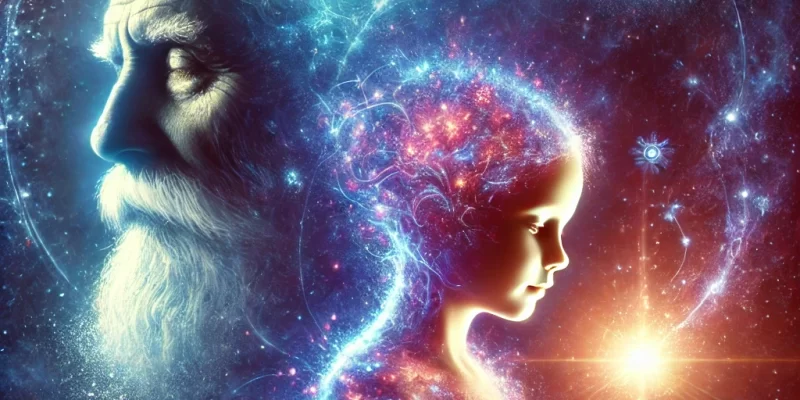
Human Relationship Bond
Human Relationship Bond: The Foundation of Emotional Well-being
Human Relations: Emotional Bond of Love, Respect, and Care

Overthinking and Anxiety
While thinking is necessary for problem-solving, overthinking can become a hindrance. Overthinking involves excessive analysis of past events or future possibilities. It often leads to indecisiveness and mental exhaustion.

Anxiety Breathing Technique
The Anxiety Breathing Technique activates the parasympathetic nervous system, responsible for relaxation and stress relief.

Break the Conditioning
Conditional behavior is an automatic response shaped by past experiences and external reinforcement. It operates through learned associations, where the brain links stimuli to specific reactions. These behaviors become habits, often bypassing conscious thought.

Porn-Induced ED Guide
Porn-Induced ED occurs when an individual becomes reliant on pornography for sexual arousal but struggles with real-life intimacy. Over time, high novelty demands and constant visual stimulation rewire the brain, reducing sensitivity to natural stimuli.

Healing from Denial
Denial is a defense mechanism triggered by fear. It arises from the fear of accepting oneself, including personal weaknesses and limitations

Emotional Pain and Abandonment
Mind cannot differentiate the pain; either physical or emotional, both are having the same impact. It’s painful, when your finger broke. It’s even more painful when your heart broke. “PAIN STAYS IN MIND” It hurts

Emotional Mastery Techniques
Emotional Mastery Techniques: Developing emotional awareness and control offers numerous benefits that enhance various aspects of life.

Stuck-home Syndrome: Causes, Symptoms & Effects
Stuck-home Syndrome and Mental Health refers to the psychological and emotional challenges individuals face due to prolonged isolation or confinement at home. Triggered by lifestyle shifts like remote work or health-related seclusion, this condition impacts mental wellness, lead to anxiety, depression, and social withdrawal. Live Again India is here to help you navigate these challenges.

Acute Stress Disorder and Recovery
Acute Stress Disorder (ASD) develops within days of exposure to a traumatic event, such as accidents, violence, or natural disasters. Symptoms may include dissociation, flashbacks, and severe anxiety, and that may persist for up to a month.
L@A
